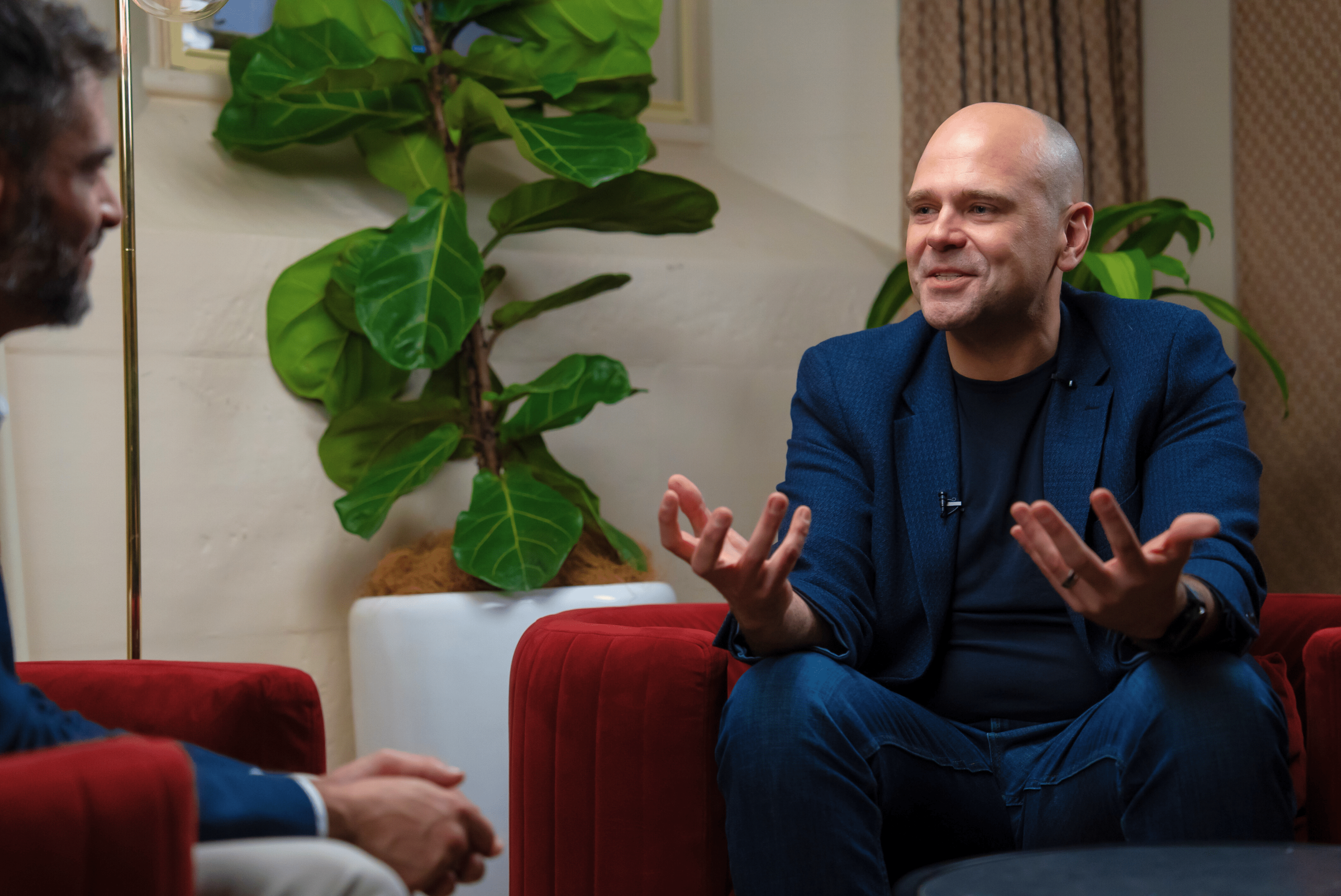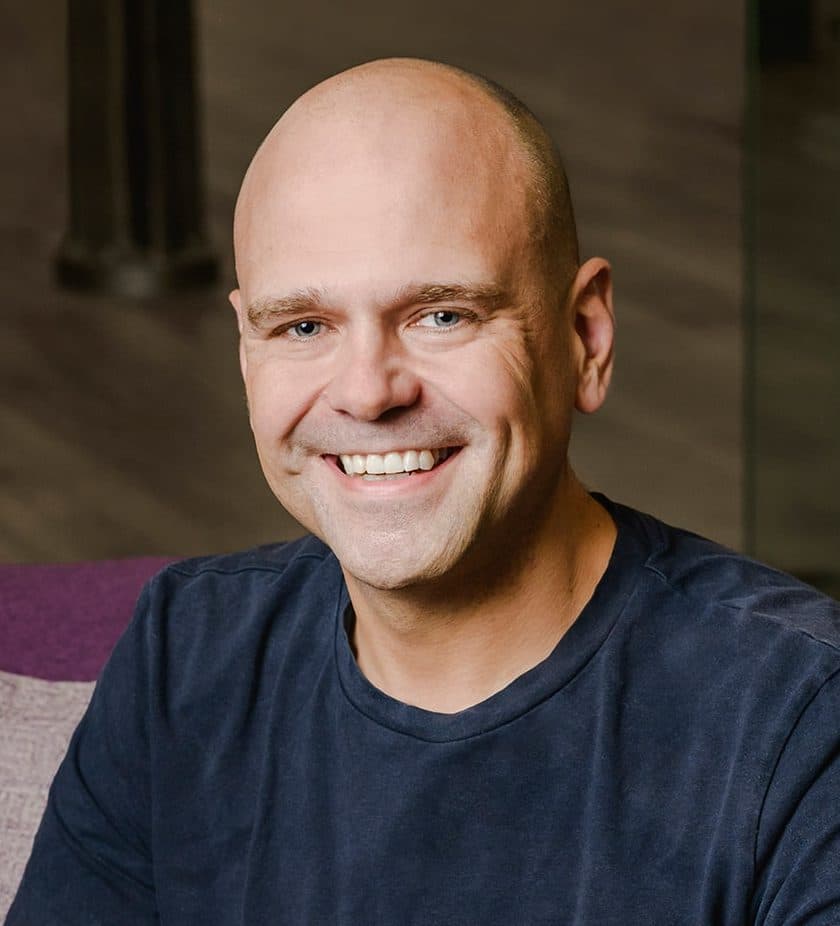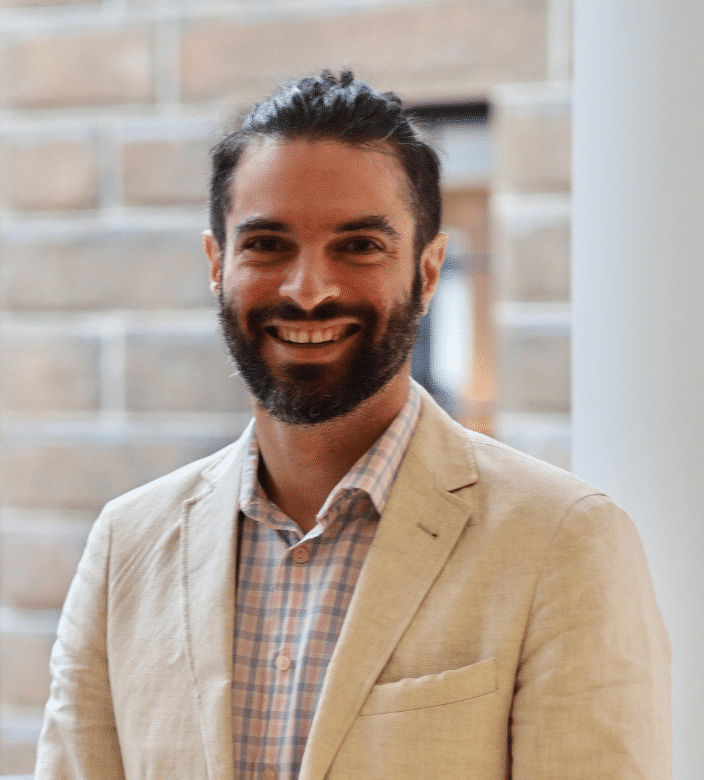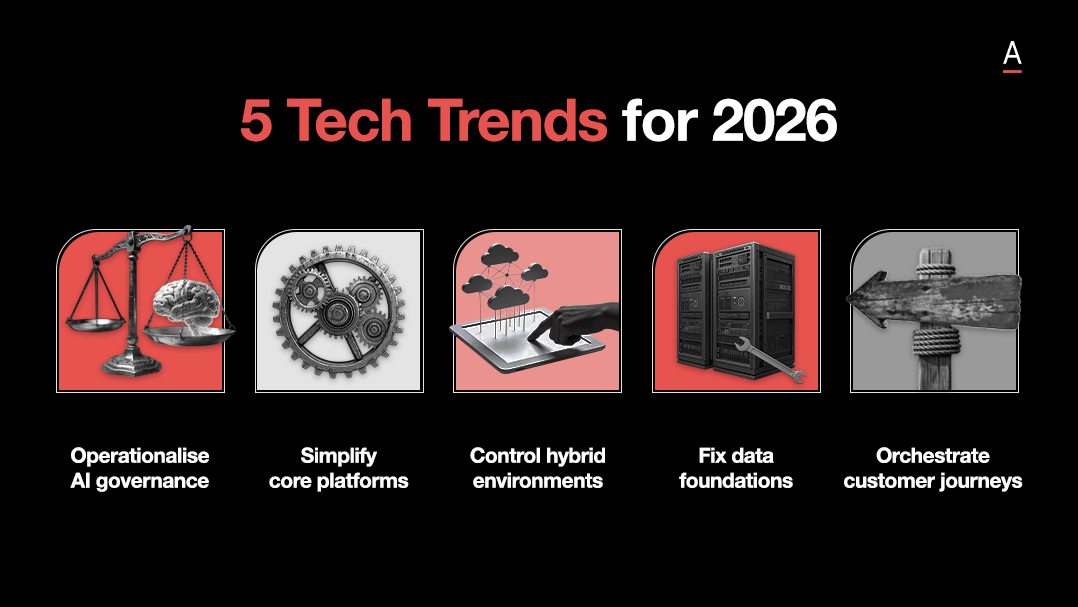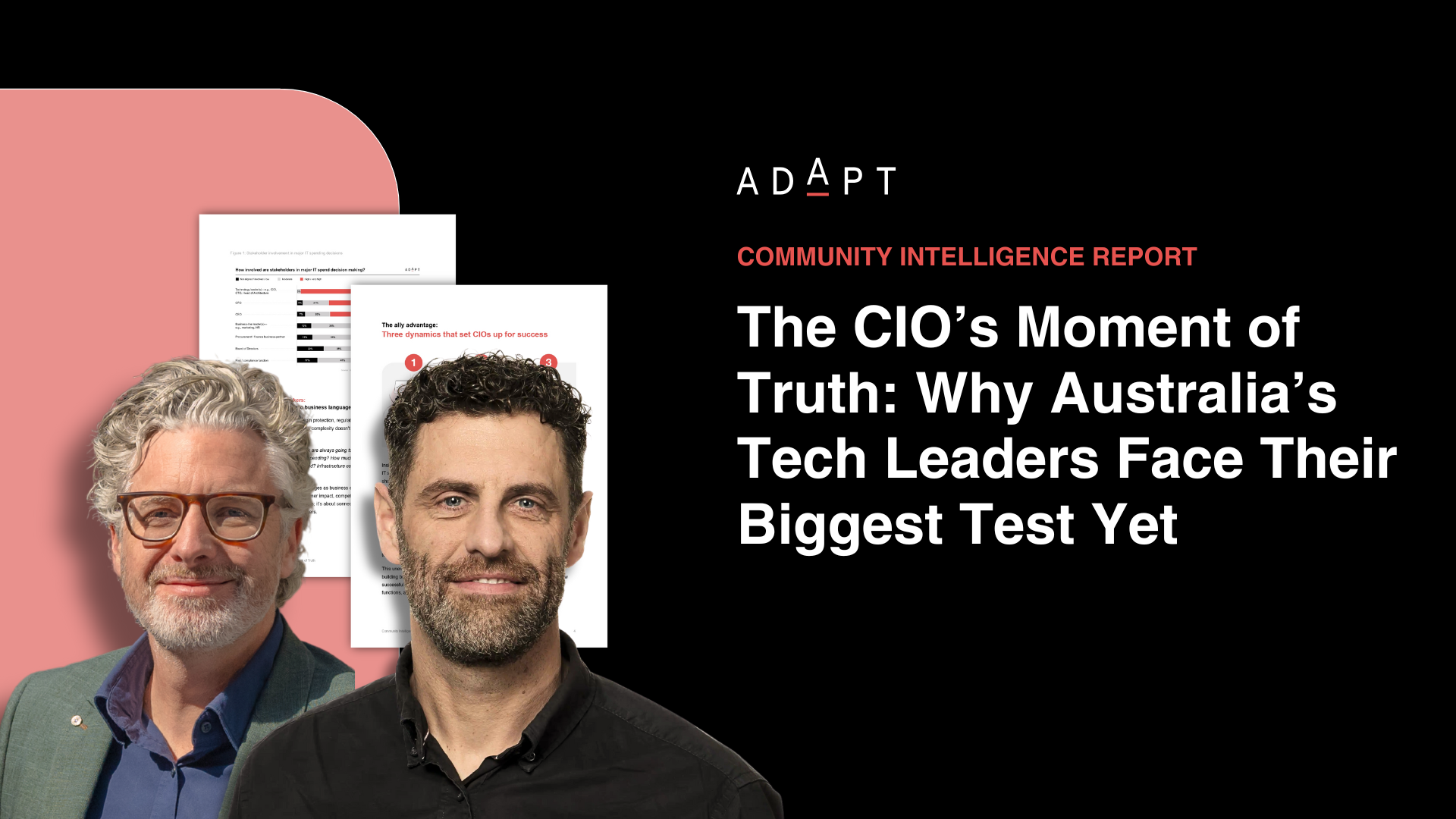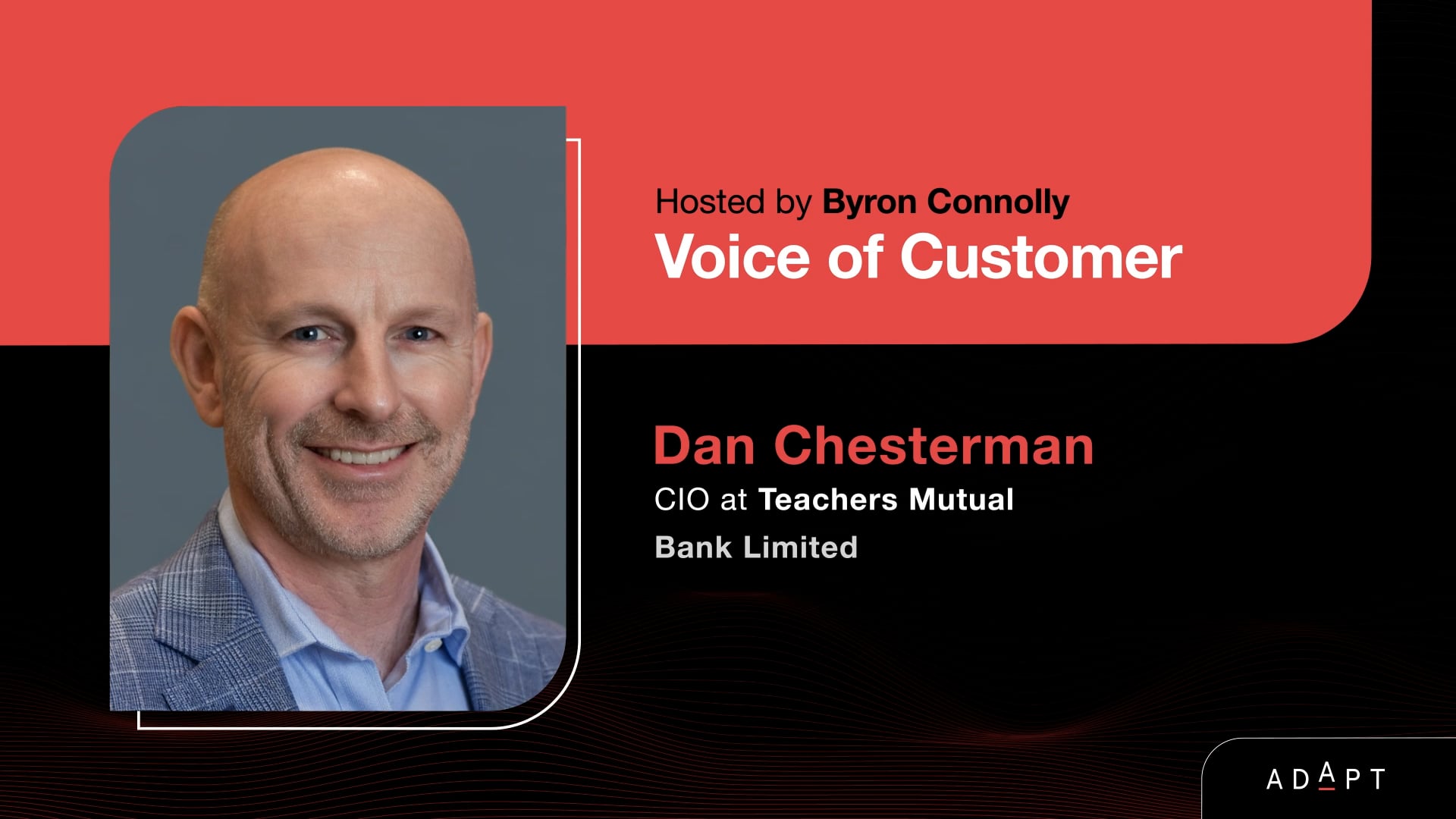In this Digital Edge interview, Dawid Naude, CEO & Founder of Pathfindr, shares how leaders can build real AI capability through personal use and strategic experimentation.
Pathfindr was created to help businesses realise the full potential of AI.
Dawid says many companies limit AI to making existing work faster or cheaper.
He believes AI should change how organisations operate.
Pathfindr measures success by how broadly and deeply AI is adopted.
The aim is to help leaders and teams use freed up time to explore new markets, products and ideas.
Dawid says leadership must be more hands on and AI literate.
He critiques early consulting models that delivered strategy without giving leaders direct experience of the tools.
Pathfindr now encourages executives to begin with practical, personal use.
For example, using voice chat with ChatGPT to explore how it could support their roles.
Leaders should be deliberate and experimental.
They should test general AI assistants first, then move to more targeted use cases.
Dawid also highlights the need for secure, paid AI tools that meet data protection and compliance requirements.
The discussion explores how traditional ideas of scale are shifting.
Instead of rolling out a single tool across the business, success may depend on matching general assistants to individual users and building narrow applications for specific tasks.
Leaders should focus on solving real problems.
Avoid vanity metrics or minor efficiency gains.
Pathfindr recommends appointing internal champions to run lean experiments.
Value should be proven through real outcomes such as entering a new market or improving service delivery.
Businesses that embed AI into leadership and daily operations will be better positioned to grow and compete.
Key takeaways
- AI should support both innovation and efficiency – Pathfindr encourages businesses to apply AI to develop new products, services and markets.
- Leaders need direct experience – Executives should use AI tools in their own work to build confidence and understand practical value.
- Test general tools before going specific – Start with broad use cases to explore ideas quickly, then invest in targeted applications that prove impact.





















